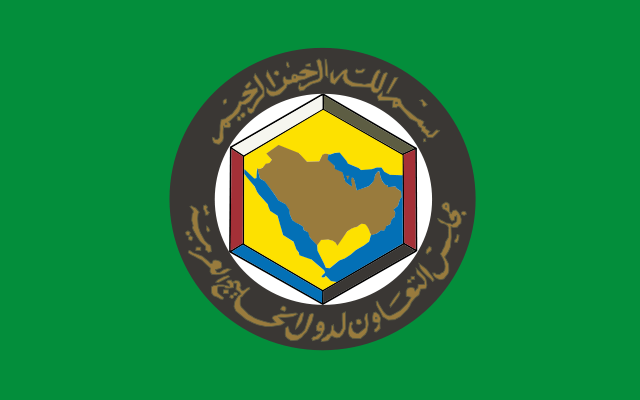As the largest country economically and the most populous state in the Gulf Cooperation Council (GCC), Saudi Arabia’s policies significantly affect the policies of its neighbors. Since the 2011 Arab Spring popular protests around the Middle East and North Africa (MENA), Saudi Arabia has used its influence to lead the counterrevolutionary charge, and worked assiduously to maintain the status quo on the Arabian Peninsula. The impact of Saudi Arabia’s policies to this end is most clearly visible in the role the kingdom has played in supporting, and setting the stage for, Bahrain’s policies of repression.
Saudi Arabia’s influence over its GCC neighbors—Bahrain, Oman, Yemen, Kuwait, Qatar, and the United Arab Emirates (UAE)—is largely a function of the kingdom’s physical and economic size. Saudi Arabia comprises around 69 percent of the Arabian Peninsula’s land mass. It contributed 46 percent to the GCC’s total GDP in 2013. Its national population is 75 percent of the region’s national population, and its total population, including migrant workers, is 60 percent of the GCC’s total population. With the region’s largest economy, Saudi Arabia is an important engine of growth, and with the largest population, it has the largest army in the GCC. These factors allow it to exercise a significant leadership role in the GCC.
Since popular protests erupted across the MENA region in 2011, Saudi Arabia has sought to position itself as a regional leader and protector of the status quo. To this end, it pursued a two-pronged policy to contain and suppress dissent. Domestically, it increased subsidies and salaries while promising to address complaints concerning housing. It funneled $130 billion to residents around the country, including the Eastern Province in an effort to head of popular demonstrations. Regionally, it has led efforts to suppress protests and criticism: it and the other GCC states promised $20 billion for ten-year development projects in Bahrain and Oman, the two less prosperous states.
In addition to using its wealth to forestall demonstrations, Saudi Arabia used force. When protests erupted in the country’s Eastern Province, Saudi security forces surrounding the demonstrators and used force to arrest and suppress the protesters. When large-scale popular protests erupted in Bahrain in February 2011, the Peninsula Shield Force, including Saudi and Emirati troops, entered Bahrain to assist Bahraini security forces in quashing the protests. With Saudi Arabia’s tacit approval, Bahraini security forces embarked on a campaign of repression and violence. The Bahraini government declared martial law and violently suppressed the peaceful protests, killing several.
On 2 January 2016, Saudi Arabia executed peaceful dissident and Shia cleric, Sheikh Nimr Baqir al-Nimr. In response, Iranian protesters stormed the Saudi embassy in the Iranian city of Mashhad. Saudi Arabia severed diplomatic ties with Iran and a few days later Bahrain and the UAE followed Saudi’s lead. Since executing Sheikh Nimr and expelling Iran’s diplomatic corps, Saudi Arabia has increased the level of repression, executing 153 people, almost equal to the number of executions in 2015. Bahraini authorities have taken note and followed suit. Since expelling Iran’s diplomats, Bahrain has taken extraordinary action against peaceful dissidents, arresting and imprisoning human rights defenders, dissolving the largest political opposition bloc, and imposing travel bans on activists and journalists. The government’s attack on civil society is unprecedented in scope and scale since the suppression of the 2011 peaceful demonstrations.
In the wake of the Arab Spring, Saudi Arabia has exercised assertive domestic and regional policies that have been echoed by its neighbors, particularly Bahrain. Saudi has progressively taken a hard line against dissidents, increasing executions and continuing to jail critics. The current trend in Bahrain is echoing the hard-line policies of Saudi Arabia as the al-Khalifa monarchy seeks to suppress any form of dissent.
Tyler Pry is the Sheikh Nimr al-Nimr Advocacy Fellow at ADHRB





